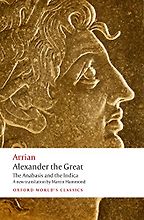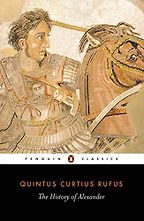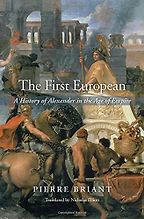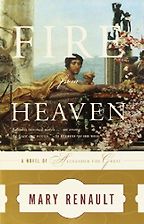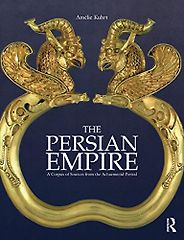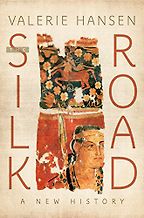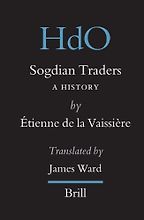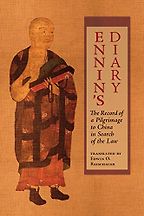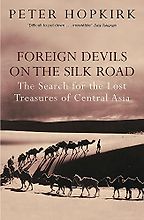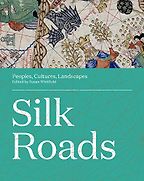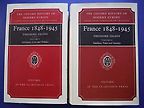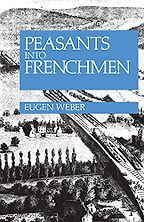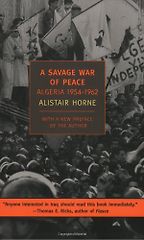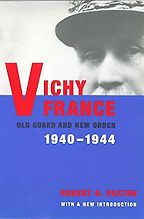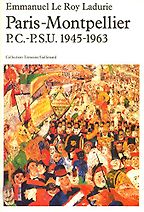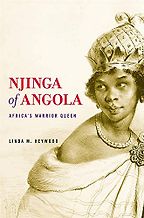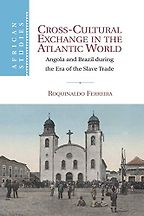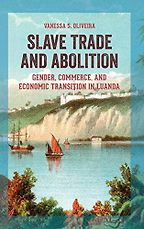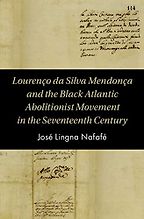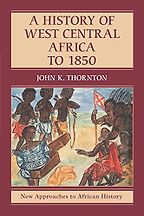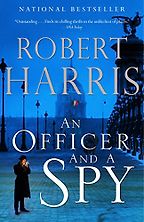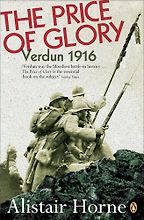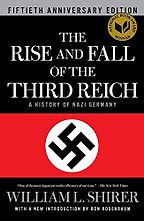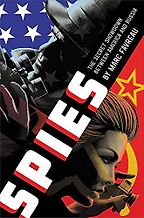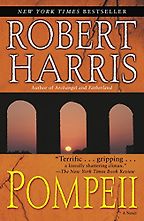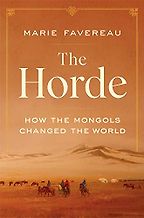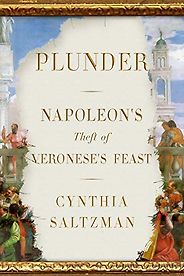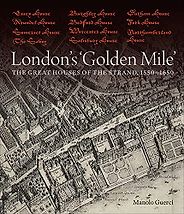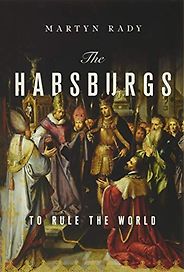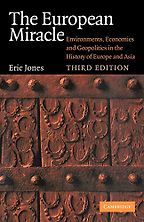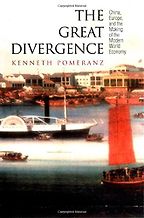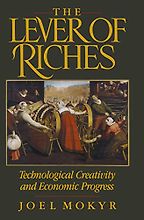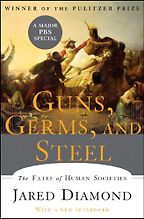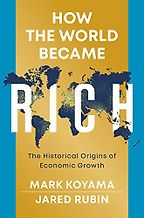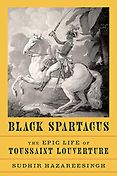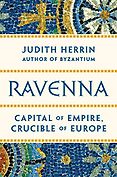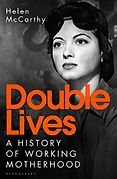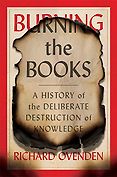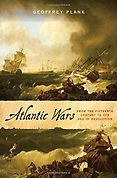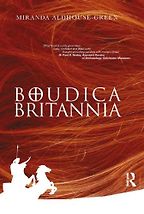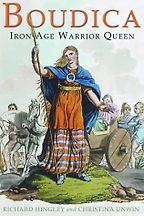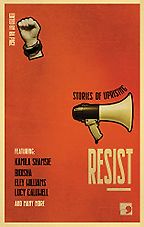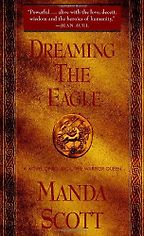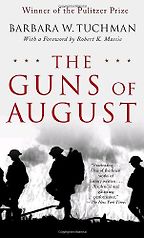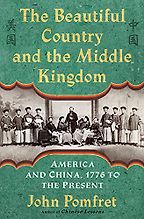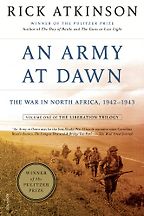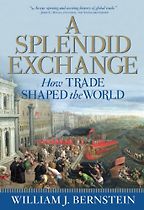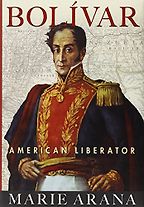History Books
recommended by historians
Last updated: February 12, 2026
-

1
Alexander the Great: The Anabasis and the Indica
by Arrian -

2
The History of Alexander
by Quintus Curtius Rufus -

3
The First European: A History of Alexander in the Age of Empire
by Pierre Briant -

4
The Persian Empire: A Corpus of Sources from the Achaemenid Period
by Amélie Kuhrt -

5
Fire from Heaven
by Mary Renault
The best books on Alexander the Great, recommended by Hugh Bowden
The best books on Alexander the Great, recommended by Hugh Bowden
Alexander the Great never lost a battle and established an empire that stretched from the Mediterranean to the Indian subcontinent. From the earliest times, historians have argued about the nature of his achievements and what his failings were, both as a man and as a political leader. Here, Hugh Bowden, professor of ancient history at King’s College London, chooses five books to help you understand the controversies, the man behind the legends, and why the legends have taken the forms they have.
-

1
The Silk Road: A New History
by Valerie Hansen -

2
Sogdian Traders: A History
Étienne de la Vaissière (trans. James Ward) -

3
Diary: Record of a Pilgrimage to China in Search of the Law
Ennin (trans. E O Reischauer) -

4
Foreign Devils on the Silk Road
by Peter Hopkirk -

5
Silk Roads: Peoples, Cultures, Landscapes
by Susan Whitfield
The best books on The Silk Road, recommended by Valerie Hansen
The best books on The Silk Road, recommended by Valerie Hansen
From the Han dynasty to the time of Marco Polo, the routes connecting Asia, Africa and Europe—now known as the Silk Road—were responsible for enormous amounts of global trade. Yale historian Valerie Hansen, author of The Silk Road: A New History, introduces us to its rich history: “one of the reasons the Silk Road is a misnomer is that silk was not the main good moving along.”
The best books on Modern French History, recommended by Richard Vinen
The social and political development of France has been strongly contested ever since the country finally became a republic for good in 1870. Here, Professor Richard Vinen of King’s College London recommends five books that will help you understand modern France, all written in a golden age of French historical writing.
-

1
Njinga of Angola: Africa’s Warrior Queen
by Linda Heywood -

2
Cross-Cultural Exchange in the Atlantic World: Angola and Brazil during the Era of the Slave Trade
by Roquinaldo Ferreira -

3
Slave Trade and Abolition: Gender, Commerce, and Economic Transition in Luanda
by Vanessa Oliveira -

4
Lourenço da Silva Mendonça and the Black Atlantic Abolitionist Movement in the 17th Century
by José Lingna Nafafé -

5
A History of West Central Africa to 1850
by John Thornton
The best books on The History of Angola (pre-20th century), recommended by Mariana Candido
The best books on The History of Angola (pre-20th century), recommended by Mariana Candido
West Central Africa was involved in the transatlantic slave trade from its inception in the fifteenth century until it ended in the late nineteenth century. It’s the region that lost the largest number of enslaved people to the transatlantic slave trade, with over 5.6 million people taken away. And yet Angola, where three of the five main slaving ports were located, is little studied in English. Here, Mariana Candido, a professor at Emory University, introduces us to some of the best books (available in English) on this era of Angolan history, from the biography of one ruler, Njinga Mbandi, to a survey of the entire period.
The Best History Books for Teenagers, recommended by Alex (age 16)
It’s tricky finding history books for teenagers at an age when they are too old for children’s books, but not yet ready to read long, weighty tomes with lots of footnotes. Alex, a UK-based history fan who previously chose books for us age 10, returns to Five Books to recommend his selection of the best history books for teenagers.
-

1
Napoleon: a Life in Gardens and Shadows
by Ruth Scurr -

2
Plunder: Napoleon's Theft of Veronese’s Feast
by Cynthia Saltzman -

3
The Horde: How the Mongols Changed the World
by Marie Favereau -

4
London's 'Golden Mile': The Great Houses of the Strand, 1550–1650
by Manolo Guerci -

5
The Habsburgs: To Rule the World
by Martyn Rady
Best History Books of 2021, recommended by Paul Lay
Best History Books of 2021, recommended by Paul Lay
Historical writing continues to shed new and interesting light on all manner of topics, including even much-written about subjects like Napoleon, who died 200 years ago this year. Paul Lay, the editor of History Today, offers his choices for the best history books published in 2021.
-

1
The European Miracle: Environments, Economies and Geopolitics in the History of Europe and Asia
by E L Jones -

2
The Great Divergence: China, Europe, and the Making of the Modern World Economy
by Kenneth Pomeranz -

3
The Lever of Riches: Technological Creativity and Economic Progress
by Joel Mokyr -

4
Guns, Germs and Steel
by Jared Diamond -

5
How the World Became Rich: The Historical Origins of Economic Growth
by Jared Rubin & Mark Koyama
The best books on The Great Divergence, recommended by Davis Kedrosky
The best books on The Great Divergence, recommended by Davis Kedrosky
After a slow start, why did northwest Europe move ahead of the rest of the world in the early modern period and establish an economic dominance whose effects are felt to this day? Davis Kedrosky, a student at Berkeley and publisher of the economic history newsletter, Great Transformations, introduces ‘the Great Divergence’ and suggests some books that get to the heart of the question.
-

1
Survivors: Children’s Lives after the Holocaust
by Rebecca Clifford -

2
Black Spartacus: The Epic Life of Toussaint Louverture
by Sudhir Hazareesingh -

3
Ravenna: Capital of Empire, Crucible of Europe
by Judith Herrin -

4
Double Lives: A History of Working Motherhood
by Helen McCarthy -

5
Burning the Books: A History of the Deliberate Destruction of Knowledge
by Richard Ovenden -

6
Atlantic Wars: From the Fifteenth Century to the Age of Revolution
by Geoffrey Plank
The Best History Books: The 2021 Wolfson Prize Shortlist, recommended by Diarmaid MacCulloch
The Best History Books: The 2021 Wolfson Prize Shortlist, recommended by Diarmaid MacCulloch
Every year the Wolfson History Prize seeks out books that combine careful research with good writing, aimed at the general reader. Here, Diarmaid MacCulloch, historian and chair of the judges, talks us through the outstanding history books that made the 2021 shortlist, and why, in his view, they’re all must-reads.
The best books on Boudica, recommended by Richard Hingley
Boudica was an Iron Age queen who led her people into rebellion against Roman rule in the province of Britannia. She was defeated, but only after she had burned several towns, including London, to the ground. Here Richard Hingley, Professor of Archaeology at Durham University, explains how to sift the truth from the myth, and why Boudica has remained an enduring source of fascination down the centuries.
-

1
The Guns of August
by Barbara W Tuchman -

2
The Beautiful Country and the Middle Kingdom: America and China, 1776 to the Present
by John Pomfret -

3
An Army at Dawn: The War in North Africa, 1942-1943
by Rick Atkinson -

4
A Splendid Exchange: How Trade Shaped the World
by William Bernstein -

5
Bolívar: American Liberator
by Marie Arana
Best Books for History Reading Groups, recommended by Donna McBride
Best Books for History Reading Groups, recommended by Donna McBride
It’s a golden age for narrative history, with lots of highly readable books bringing to life many different aspects of the past, says historian Donna McBride. A Fellow of the Dallas Institute of Humanities and Culture, she has led ‘The Historians’ reading group there for the last five years. Here, she recommends some of the best popular histories the group has read and shares some tips on how to set up and run your own history reading group.
